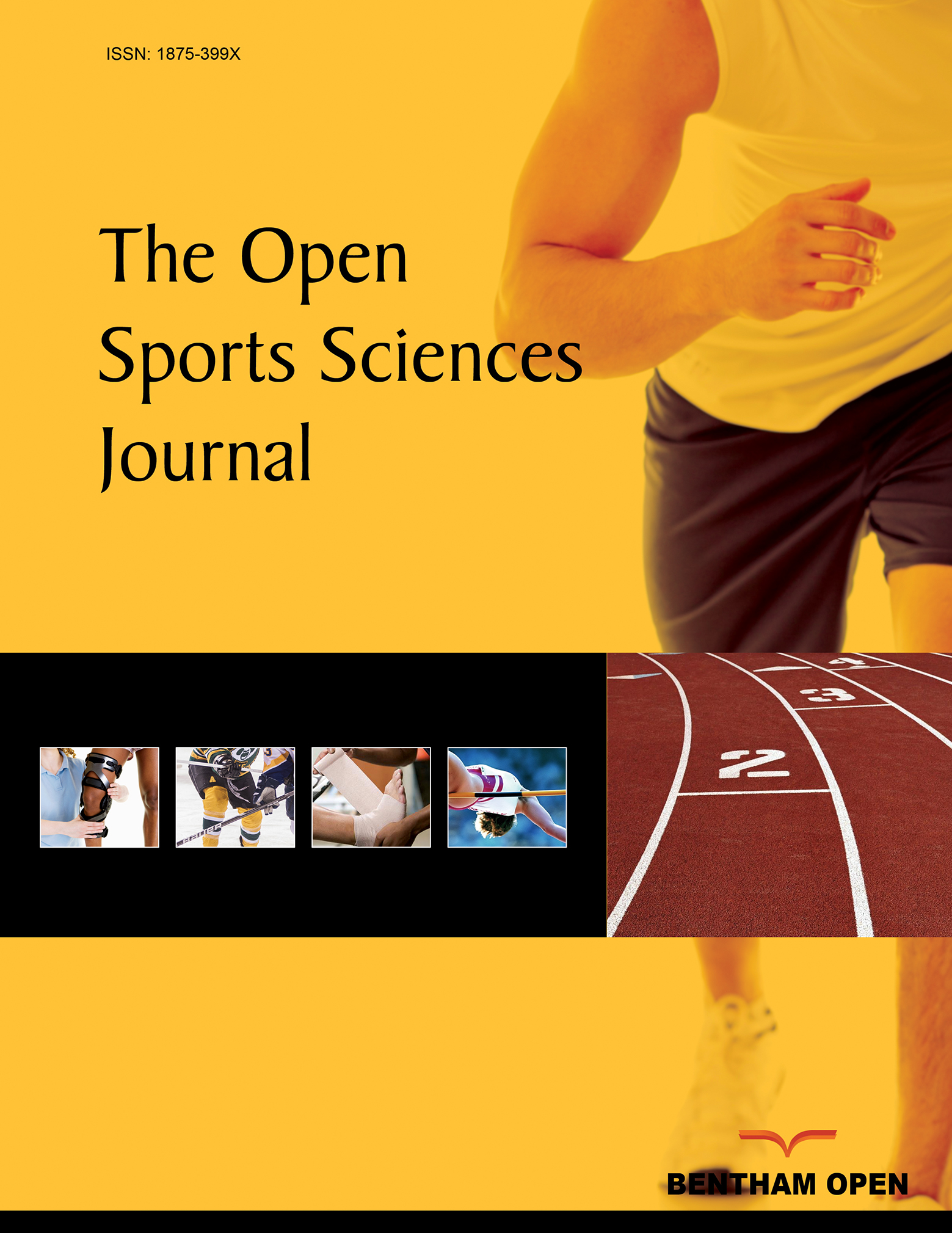All published articles of this journal are available on ScienceDirect.
Experiences of an Adapted Physical Activity Intervention Program in Saudi Pre-Service Physical Education Teachers’ Self-Efficacy Towards Inclusion
Abstract
Introduction:
Adapted physical activity programs are considered to be one of the most effective and timely ways of increasing levels of self-efficacy among pre-service physical education teachers toward inclusive practices. However, the literature lacks adequate qualitative studies to measure the effectiveness of such programs. To address this paucity, the present study aims to explore pre-service physical education teachers’ experiences after completing a 6-week adapted physical activity intervention program designed to improve the inclusion of students with physical disabilities in general physical education settings.
Methods:
Six pre-service physical education teachers who completed a 6-week adapted physical activity intervention program participated in individual semi-structured interviews. Deductive and inductive techniques were used in the data analysis.
Results:
All the participants reported that the intervention program was relatively effective at enhancing their self-efficacy and preparation towards including students with physical disabilities in physical education classes.
Conclusion:
Regular exposure to practicum involving teaching students with disabilities is key to encouraging strong self-efficacy among pre-service PE teachers. Some suggestions for future intervention programs are provided.


